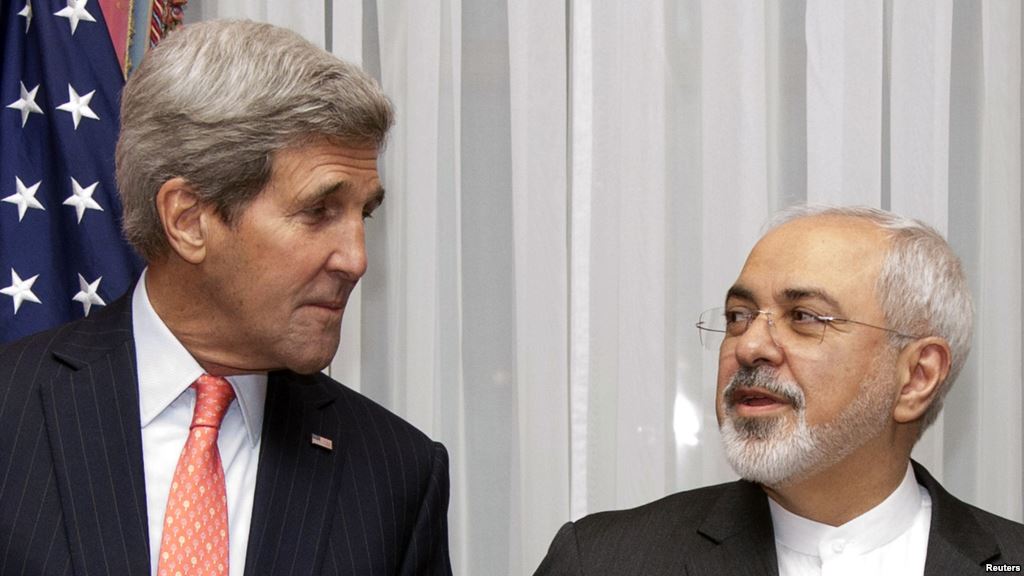AhlulBayt News Agency - Iran does not have to do much these days to make headlines in the west and the Middle East; it seems that their very existence is enough to drive the regimes of Saudi Arabia and Israel mad.
Unlike the aforementioned countries, Iran carved out its presence in the Middle East without any foreign assistance or political support.
Genesis of Saudi Arabia’s Failed Iranian Policy
During the Iraq-Iran War (1980-1988), the Arab world (save Syria and Libya) and western powers backed the Saddam Hussein regime against the newly formed Islamic Republic of Iran.
Somehow, Iran persevered in a war that was primarily funded by Saudi Arabia (estimated $25 billion given to Iraq) and the United States; this was the former’s first embarrassing defeat.
The Saudi regime was never reimbursed for their financial support and by the end of the war, they were at odds with the same Iraqi leader they backed against Iran.
Syrian War (2011 – Present):
The Saudi regime has spent the better half of the decade funding Jihadist operations against the government of Dr. Bashar Al-Assad in an attempt to oust him from power.
From anti-tank TOW missiles to paying the Jihadist wages, Saudi Arabia has been at the forefront of the war against the Syrian government.
Unwilling to allow their greatest ally in the region to fall, Iran has provided the necessary aid to keep the Syrian government in power, despite the tumultuous proxy war that would ensue with Saudi Arabia.
Just when things appeared to being going well for the Saudi-backed rebels after the capture of Idlib, Iran stepped in and provided the much needed manpower from nearby Arab states like Iraq (e.g. Harakat Al-Nujaba) and Lebanon (e.g. Hezbollah); this would enrage Saudi Arabia, who saw their political and economic investment suddenly crumble.
Once again, the billions spent by Saudi Arabia in a foreign war involving Iran had seemingly gone to waste, as the latter has proven to be one step ahead of their Persian Gulf rival.
Yemeni War (March 2015 – Present):
The only war in which Saudi Arabia has involved their armed forces, the Yemeni conflict has proven to be another hopeless military endeavor to protect one of their political assets in the most impoverished country in the Arab world.
In March of 2015, the unpopular president of Yemen ‘Abd Rubbah Mansour Hadi fled to Saudi Arabia after his loyalists were overrun in Aden; this prompted Saudi Arabia to step-up their military activity.
With their indiscriminate airstrikes and disregard for human life, Saudi Arabia has done everything in its power to prevent the Yemeni Army’s Republican Guard and Houthi forces from seizing power.
However, Saudi Arabia has been unable to halt the Houthi advance and more importantly; their complete disregard for Yemen’s stability has strengthened Ansar Al-Shariah (Al-Qaeda affiliate) and the Islamic State of Iraq and Al-Sham (ISIS) in the eastern part of the country.
Why are they only targeting the Houthi and Yemeni Republican Guard?
Well, besides calling them “terrorists”, the Saudi regime views the Houthi forces as another Iranian proxy, despite the volatile political history and civil war that predated the emergence of the Islamic Republic of Iran in 1979.
The Death of Sheikh Nimr Al-Nimr:
The untimely death of one Saudi Arabia’s most outspoken religious leaders had sparked outrage around the international community, including the majority Shi’i countries like Iran, Iraq, and Bahrain.
When Sheikh Nimr Al-Nimr was beheaded by the Saudi regime, several demonstrations took place outside of the country.
One particular demonstration infuriated Saudi Arabia.
Several angry Iranian civilians stormed the empty Saudi Embassy in Tehran, causing the Riyadh regime to cutoff all diplomatic ties with the country.
Lebanon:
Agitated over Lebanon’s refusal to release a Saudi royal from their prison, Saudi Arabia declined to provide the Lebanese Army a $3 billion military aid package, citing the Levantine country’s lack of “Arabness” as the reason for their refusal.
This comment was directed at the Lebanese officials that refuse to side with Saudi Arabia over Iran.
Saudi Arabia has long accused Lebanese officials of being “Iranian agents”, which is likely due to the March 8th movement’s support of Hezbollah and Syrian president Bashar Al-Assad.
Iran’s policy:
Iran’s government is vastly different than the Al-Saud regime: Saudi Arabia frantically pours money into their problems, whereas Iran takes a calculated approach that allows them to avoid making mistakes.
Rarely does Iran show its cards; instead, their veteran diplomats like Mohammad Zarif brilliantly handle media relations and questions with meticulous responses.
In addition, Iran rarely makes the first move, which has provided them the necessary political edge against the Al-Saud regime.
So, it should come as no surprise that Saudi Arabia’s eagerness to issue a response to any provocation is what differentiates them from Iran, who, like the eagle, waits at the right moment to strike.
/129

